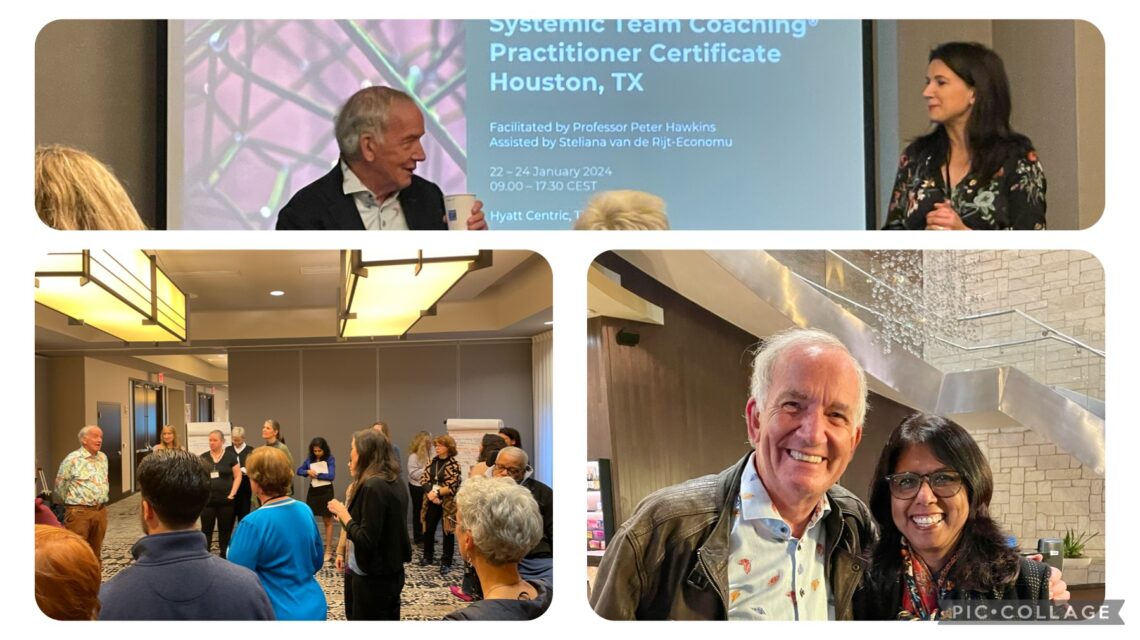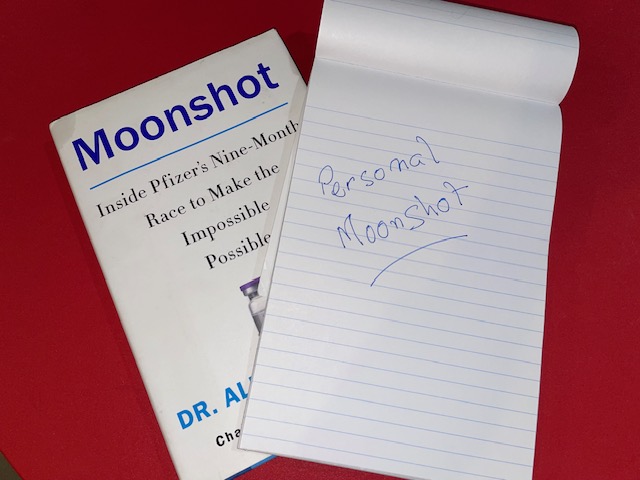-
Are You an Emerging Leader Seeking Next Level of Growth?
Are you an ambitious mid-career professional in tech, STEM, or any high-paced culture? Do you long to make a meaningful, fulfilling impact? Many, like you, sometimes wonder what else they must do to propel themselves to the next level. Given that everyone has the same 24 hours in a day, we can’t scale ourselves just by working more hours. Our brain can’t stay productive like that anyway. So what can we do about it? Like the famous book title by Marshall Goldsmith, “What got you here won’t take you there,” there is something else that will prepare us for the next level of growth. After coaching so many senior leaders,…
-
Career satisfaction, Coaching, Happiness, Leadership, Self-leadership, Stress Management, Work-life integration, WorkLife balance
Foundation for Growth: Four Simple Practices Make My Clients Successful
People come to coaching for many reasons. Some want to lead a significant change management initiative, while others want to improve team productivity or develop leadership skills for the next promotion. Whatever the reason, one needs to create the foundation for growth to achieve these outward goals. These building blocks – mindfulness, intentional focus, reflection, and self-care – are essential for coaching success. 1. Mindfulness Mindfulness serves as the cornerstone of this foundation. In a world where we often operate on autopilot or react to external demands, we must pause and ground ourselves. By incorporating bite-sized mindfulness practices, my clients gain the capacity to observe their thoughts and emotions rather…
-
What Causes Conflicts In Teams
No one wakes up thinking, “I will ruin the day; I will create trouble today.” But even when everyone on the team is decent, stress, conflicts, and drama happen. I have identified a few underlying causes behind them. For this article, I am leaving out the toxic cultures where the main actors are ego, selfish interest, and lack of trust. On a team I led, there was a very energetic, proactive, independent-minded person who was very good at generating ideas and following through with them without help. Let’s call him Ron. I felt lucky to have Ron on the team. But the problem was that some other folks were annoyed;…
-
How an Embarrassing Setback Helped Me Become Better
When we hear advice like “turn setbacks into growth experiences,” we often dismiss it as cliché or unrealistic for ourselves. However, a few years ago, I was in an embarrassing situation that ultimately helped me improve my skills significantly. I share the story below, hoping it will inspire my readers. The Setback Story It was 2019 when I was in an advance coaching class with experienced coaches across the globe. We coached each other before the class and later got their feedback. When my turn came to be the coach, something rattled me, and I was gripped by a sense of paralysis. Despite attempts to steady my nerves with deep…
-
Secrets of High-Value Creating Teams: Learnings from Legendary Professor Hawkins
In our global, highly complex world, the heroic leadership figure has increasingly become a relic. Manfred kets de vries, 2011a: 56 Over the past 6-7 years, I’ve recognized a need beyond executive coaching for organizations heavily reliant on teamwork. Consequently, I’ve invested in team coaching training, an emerging field within the industry. So, when I learned that Professor Peter Hawkins was offering his class in the US, I promptly applied. Professor Hawkins is a world-renowned leadership expert and a thought leader in executive and team coaching, often advising leading companies and governments in pivotal change initiatives. I feel fortunate to be able to learn from him this past week. Below,…
-
Preparation, Not Luck: Pfizer’s “Moonshot” Lessons Applies to All Of Us
I’ve been diving back into the pages of “Moonshot – Inside Pfizer’s Nine-Month Race to Make the Impossible Possible” for the second time, and the narrative continues to captivate me, just as it did two years ago. I was amazed by how their clarity, simplification, and courageous actions prepared them for an otherwise impossible endeavor. Even though it is a story about a corporate giant achieving groundbreaking feats in the face of a global crisis, it is also relatable to our personal and professional lives. I took away these three main points from the story. 1. Clear Priority When CEO Albert Bourla took over, he gathered the top one thousand…
-
Celebrate Yourself Through an Year-End Reflection
As the year comes to a close, many of you are cherishing precious moments with family and loved ones, possibly enjoying a well-deserved trip to a delightful destination. Amidst these joyous festivities, moments of downtime, and self-care activities, taking a pause for a year-end reflection can add a meaningful dimension to your year’s conclusion. It serves as a valuable opportunity to gain insights, close the year thoughtfully, and prepare for the challenges and triumphs that await in the coming year. Now is a good time to contemplate, “How did the year unfold for me?” However, relying solely on memories may not paint a comprehensive picture of the entire year. To…
-
From Chaos to Connection: Gracefully Managing the Holiday Family Gatherings
Managing family visits during the holiday season presents a delightful yet demanding task. Juggling multiple family members’ diverse opinions, needs, and desires can be an energy-draining experience for hosts and guests alike. Take, for example, my client Fernandez, who was planning to host his parents, sister, brother-in-law, and nephew for a ten-day holiday stay. Being a meticulous planner, he anticipated the potential chaos and asked for guidance in a session with me to prepare for the upcoming gathering. Later, he said that the preparation helped him stay composed and enhanced the enjoyment of the time spent together. If you are like Fernandez, you may adopt some of these strategies for…
-
My Interview w/ Mindful Leader Practice
My colleague Anu Arora and I had a great time reflecting on the journey that made us who we have become. We first reflected on our time on the International Coaching Federation Wahington State board as the President and Vice president, where we created a sandbox with a simple idea to promote coaching to the market. In the second part, I shared how I applied to learning towards self-compassion, heightening the quality of listening and being more present in conversations, coaching, and beyond. One of our colleagues described it as: This was an excellent conversation that captured the path of continuous learning and inner transformation. Episode Description In this episode…
-
Three Strategies That Reduced Stress for a Busy Executive
Sheela, a senior executive at a renowned Fortune 500 company, sought my coaching services to improve her quality of life. She said her demanding job was taking a toll on her. Early morning meetings disrupted her morning self-care routine, and recent layoffs added even more stress to her already crazy schedule. As a result, Sheela felt exhausted, overwhelmed, and helpless. Sheela’s story is all too common among high-achieving professionals. Running after work deliverables alone was no longer feeding her soul; she valued her relationships with her family, friends, and team. Balancing these different areas of her life became a challenge, but with coaching, Sheela could find a way to improve…









